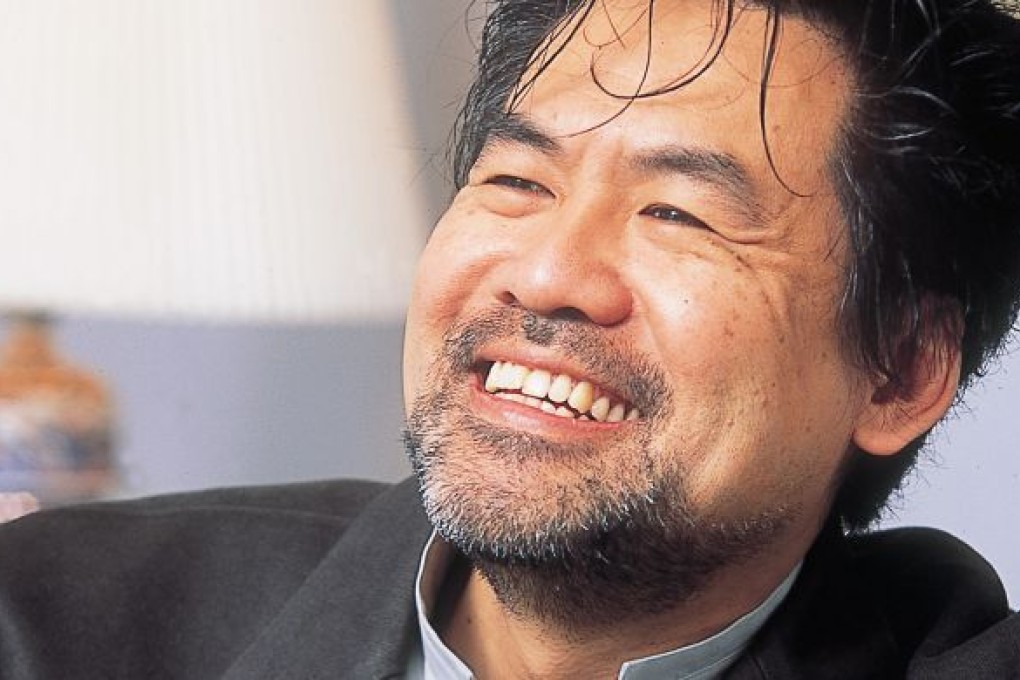David Henry Hwang
Award-winning Chinese-American playwright David Henry Hwang has ventured into television, movies and lyric-writing, but his best-known works are perhaps his hilarious yet dramatic musicals concerning Asian American life and national identity. He tells Leanne Mirandilla about his work, including one such play, “Yellow Face,” which is coming to Hong Kong this month.

HK Magazine: How did you first get into playwriting?
David Henry Hwang: [I didn’t start] until I got to college. I’m not one of these people who grew up going to the theater—I saw some plays during my freshman year and thought, I could do that. I wrote plays in my spare time and found a professor willing to take a look at them. He said they were really bad, which they were. I didn’t know anything about theater, but I wanted to write plays, so I read as many as could. I wrote a play to be done in my dorm, “FOB,” which eventually got released in New York by Joseph Papp, a great American theater producer. I was really lucky. I think I’m a good writer but I also had a lot of luck—[I staged my] first play at 23.
HK: Do you have any role models?
DHH: I’ve been really lucky to learn from a lot of people, but I suppose one person comes to mind—director John Dexter, who directed “M. Butterfly” in New York and London. He passed away in the 90s. [From him] I learned so much about what it means to be theatrical. A lot of people I met along the way taught me a lot. “Yellow Face” was to a large extent influenced by the music of the Dong people in China. I discovered their music through recordings made by Johanna Lee and Ken Smith, who subsequently took me to a Dong village, became my advisors on “Chinglish.” [The Dong music] also made its way into “Yellow Face”—for the most part it’s a play that takes place in America, but there’s a fantasy sequence that takes place in Guizhou in a Dong village.
HK: Do you have any personal philosophies regarding theater?
DHH: [I believe that by] the way which theater takes advantage of the audience’s imagination, the audience becomes a collaborator. For example, “M. Butterfly” had some scenes in it where I didn’t know if the sets were going to work. But John Dexter said, “no, this is Shakespearean: someone comes in and says where we are, we don’t need a lot of other stuff.” It went really well. “Yellow Face” is a show where sometimes, after five lines, we go to another scene. It slows the play down to have set and costume changes, and “Yellow Face” is very much influenced by the idea that transitions are what we say they are.
HK: One of the main subjects Yellow Face deals with is identity—how do you see Hong Kong audiences reacting to that compared to American audiences?
DHH: I think everyone faces identity issues. If anything, the world has grown smaller, with more traveling and more transnationalism, so identity issues have become more universal. First of all, whether or not it’s expressed in terms of ethnic or national origin, identity is a very universal human concern, the most universal philosophical human dilemma—“who am I?” And in Hong Kong and places like Hong Kong that have a number of different cultural influences, people perhaps express cultural identity confusion more strongly. Hong Kong is more subtle and complicated even—it was a colony, it did belong to Britain, but to what extent was it British? Now it belongs to China, but it’s not exactly mainland Chinese. There’s a unique Hong Kong culture and identity that’s difficult to articulate and define.
HK: Do you have any future hopes or plans for your work?
DHH: I do want to get the Bruce Lee [musical] story right—I’ve been working on it for so long but haven’t been able to get right. I also feel like, in the world of movies, I’ve written lots of screenplays but I’d like to have an experience where I felt more in control over how the movie turned out. I need to direct a movie at some point!
Catch “Yellow Face” from Apr 25-28.